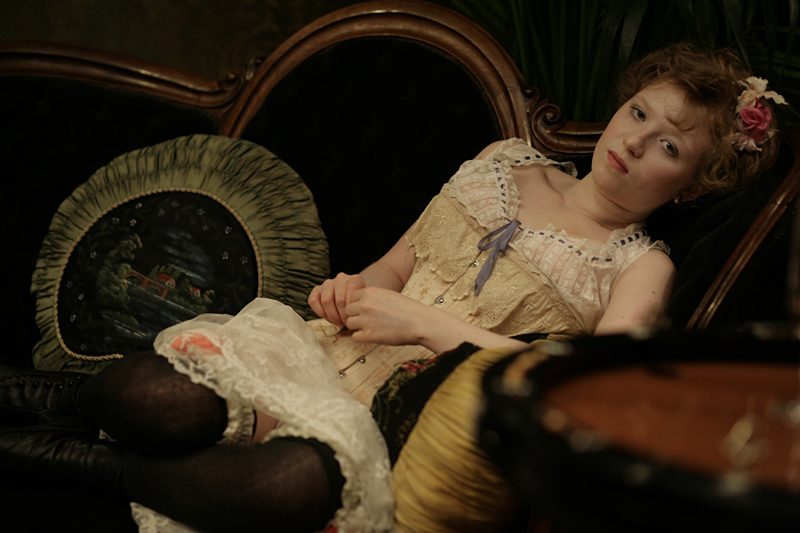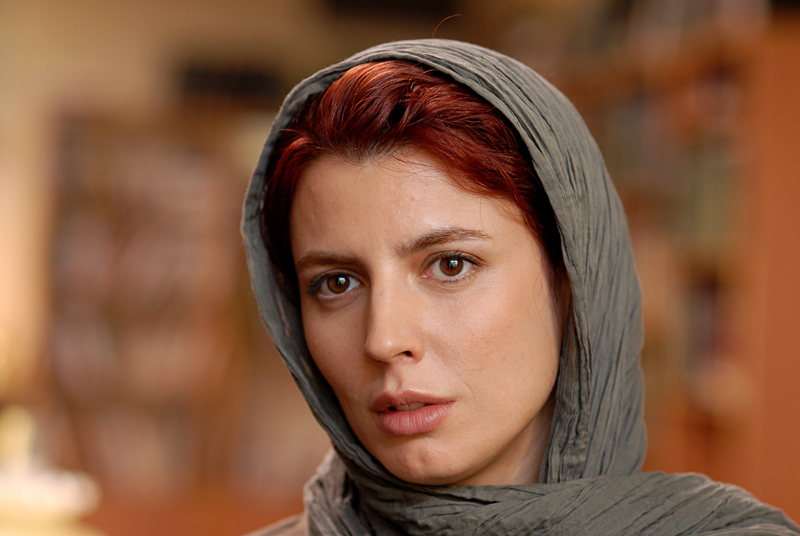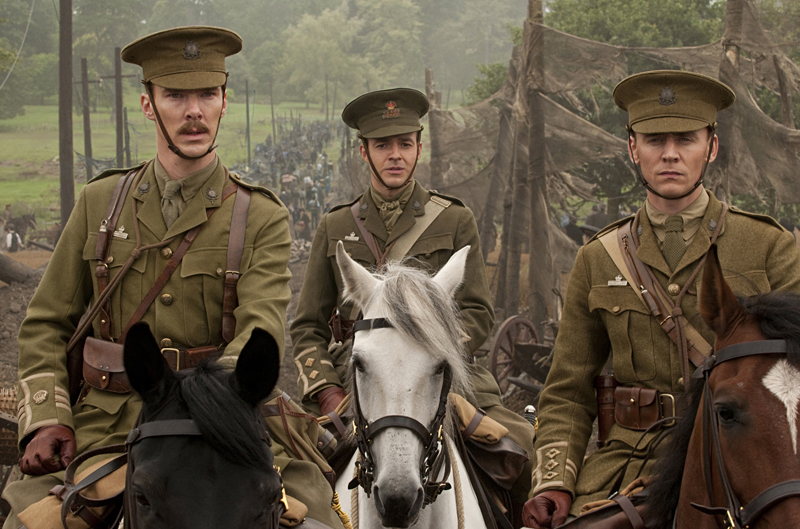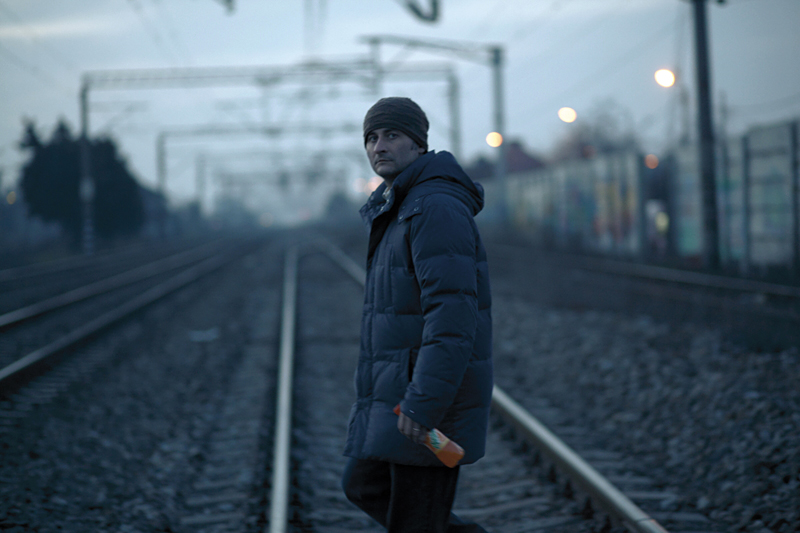Drop-dead hip or cluelessly clueless? Sofia Coppola’s candy-colored portrait of France’s infamous teen queen is a graceful, charming, and sometimes witty confection—at least for its first hour. The famously shy Coppola may be an inscrutable personality, but her bold exposé of backstage royalty opens with a big wink and a few crashing chords, courtesy of Gang of Four. A slice of Austrian apple strudel imported to marry the 15-year-old French dauphin, Marie Antoinette (Kirsten Dunst) arrives nakedly vulnerable in Versailles. Here, as with Coppola’s The Virgin Suicides and Lost in Translation, an unformed young woman must find her way in a confusing, if stylish, world.
Largely shot on location at Versailles, the movie is purposefully hermetic. If it were a prison film, the title might be The Big Doll House. Marie soon gets a white-wig makeover and a closet full of satin hoopskirts, but her position is scarcely secure. Everyone in this kingdom of gossip knows that her marriage to the awkward prince (the suitably diffident Jason Schwartzman) has yet to be consummated.
Basically a small story in a gilded frame, with relatively little dialogue to distract from the spectacle, Marie Antoinette is not without a certain vérité. Coppola here “documents” Marie’s innocent boredom as she takes solace in jewels, clothes, and sweets. The pink-and-pistachio color schemes and sugar-frosted mise-en-scène, all heaps of haute cuisine and powdered towers of hair, are nothing if not easy on the eye.
But when Rip Torn’s swaggering Louis XV dies, Marie rises to the occasion. Cover girl avant la lettre, she becomes queen of the all-night rave, takes a lover, and, with motherhood, creates her own domain. Like The Queen, Marie Antoinette seems haunted by the specter of Diana Spencer, another royally persecuted broodmare who, as noted by Camille Paglia, also met a violent end, pursued by the mob—in France, no less.
Yet Coppola is temperamentally unable to distinguish history from personality and personality from dress-up; the filmmaker’s attempt to redeem her heroine’s shallowness reveals her own. The movie crashes definitively to earth at the moment when, informed of her legendary one-liner, Marie turns all, like, serious: “I would never say that.” Whatever. J. HOBERMAN








